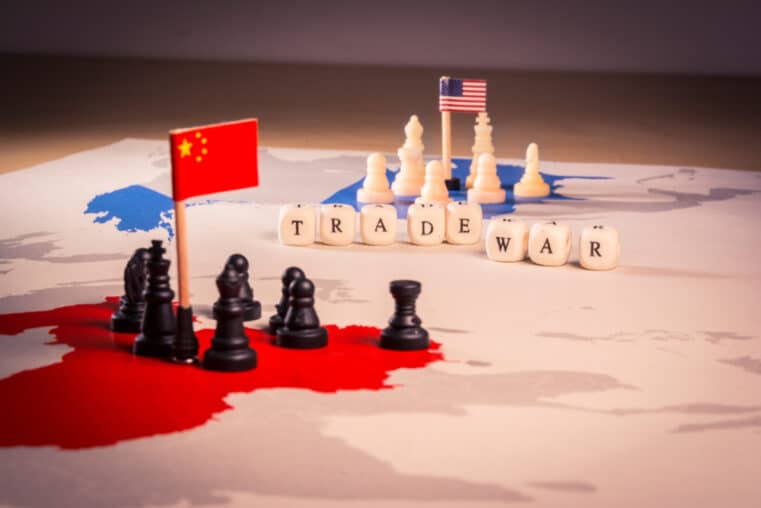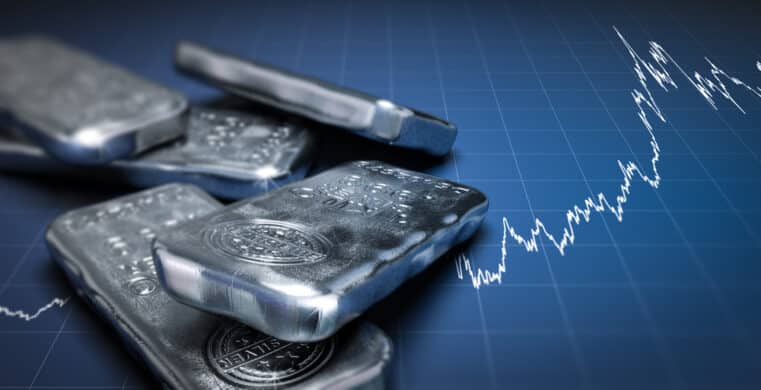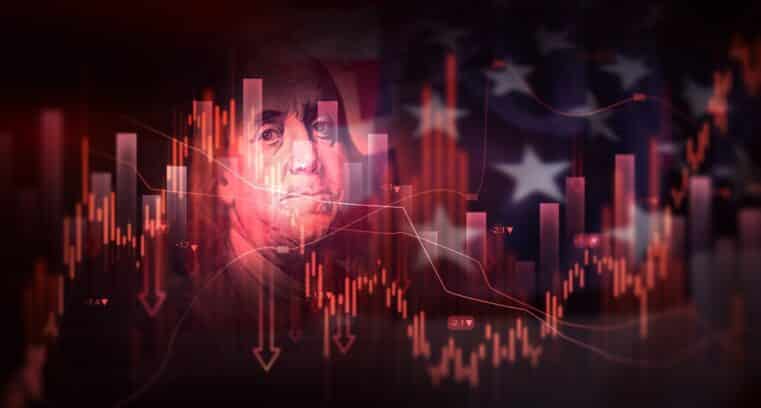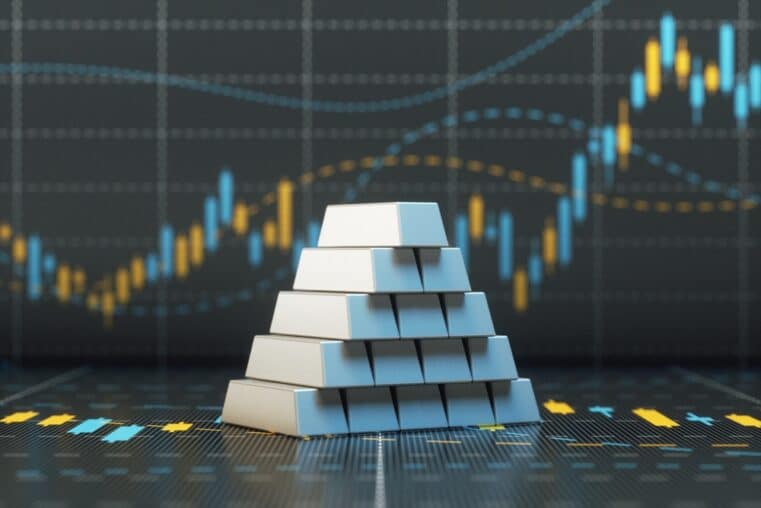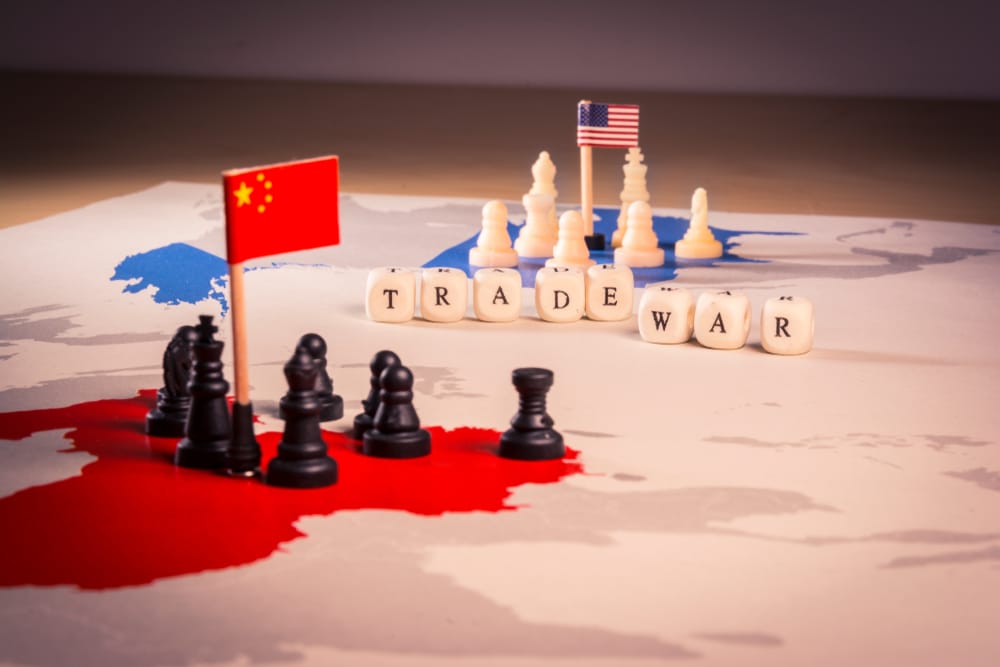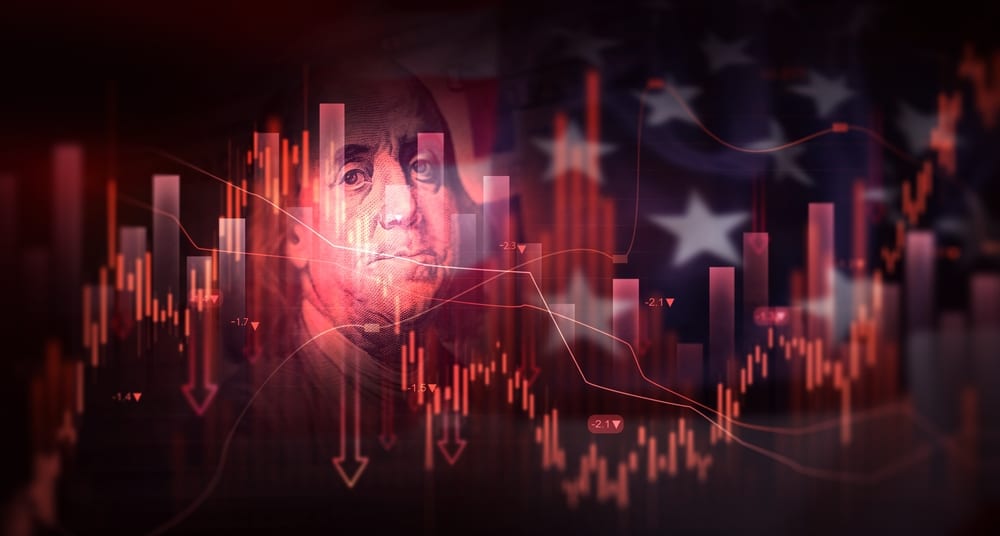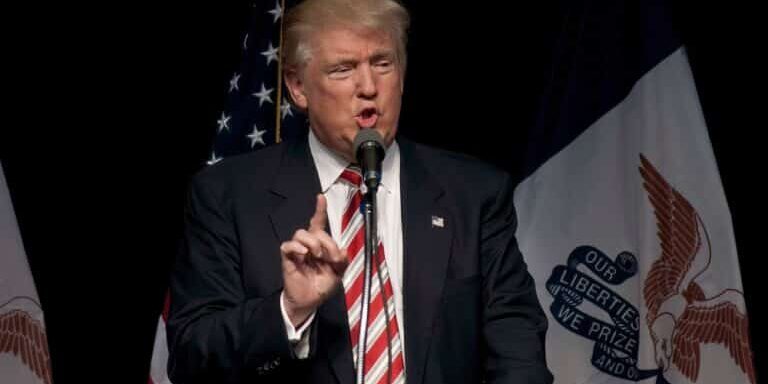
Capitalism Trump Style: A High-Stakes Gamble With Your Wealth?
A New Playbook for the American Economy
Donald Trump’s second act in the White House is rewriting the rules of the American economy. In place of laissez-faire capitalism, we’re seeing a high-pressure, deal-driven model where the President brokers, blesses, or blocks economic activity — and in some cases, takes a direct cut.
The Chip Deal That Crossed a Line
Just last week, semiconductor giants Nvidia and AMD secured permission to sell advanced chips to China — but only after agreeing to hand 15% of certain sales to the U.S. government. Washington had previously banned the export of Nvidia’s H20 chip under the banner of “national security.” Now, the ban is lifted… at a price. According to the Financial Times, this is the first time American companies have surrendered revenue to Washington in exchange for trade permissions.
Former trade negotiator Stephen Olson didn’t mince words: “We’ve entered a new and dangerous world.” And he’s right — this is essentially the monetization of U.S. trade policy, turning the government into a toll collector for global commerce.
A Pattern of Presidential Intervention
This is just one example of a pattern. Apple won an exemption from future chip tariffs after pledging a $100 billion domestic investment. Japan is injecting massive funds “at President Trump’s direction” into projects aligned with U.S. policy. The administration now holds a “golden share” in the merged Nippon Steel–U.S. Steel entity, giving Washington veto power over corporate decisions.
It’s not just trade policy anymore — it’s a direct hand in the balance sheet. Some call this bold leadership; others call it creeping centralization under the banner of capitalism. Wall Street veteran Peter Boockvar summed it up with a mix of disbelief and prayer: “I pray… it stops here.”
Why This Time Feels Different
But the reality is, this didn’t start with Trump. Government overreach into the marketplace has been growing for years — under both parties. What’s different now is the speed, scale, and brazenness. And unlike past experiments, there’s barely a murmur of resistance from CEOs or foreign leaders.
That should set off alarm bells for anyone with money in stocks, bonds, or a bank account. When the political winds have this much power over corporate fortunes, the rules of wealth preservation change overnight. You can no longer rely on the “market” to be the market. You have to assume the rules can be rewritten — mid-game.
The Bottom Line for Your Money
We’ve entered a Trump-era Command Capitalism. Whether it delivers prosperity or chaos is uncertain. But uncertainty is the most dangerous condition for your wealth. Protect it before the next policy shock hits.
Download Bill Brocius’ free guide, “7 Steps to Protect Your Account from Bank Failure,” here.
Or go deeper with Bill’s End of Banking As You Know It and his Inner Circle newsletter ($19.95) for unfiltered insights on shielding your money in volatile times.



